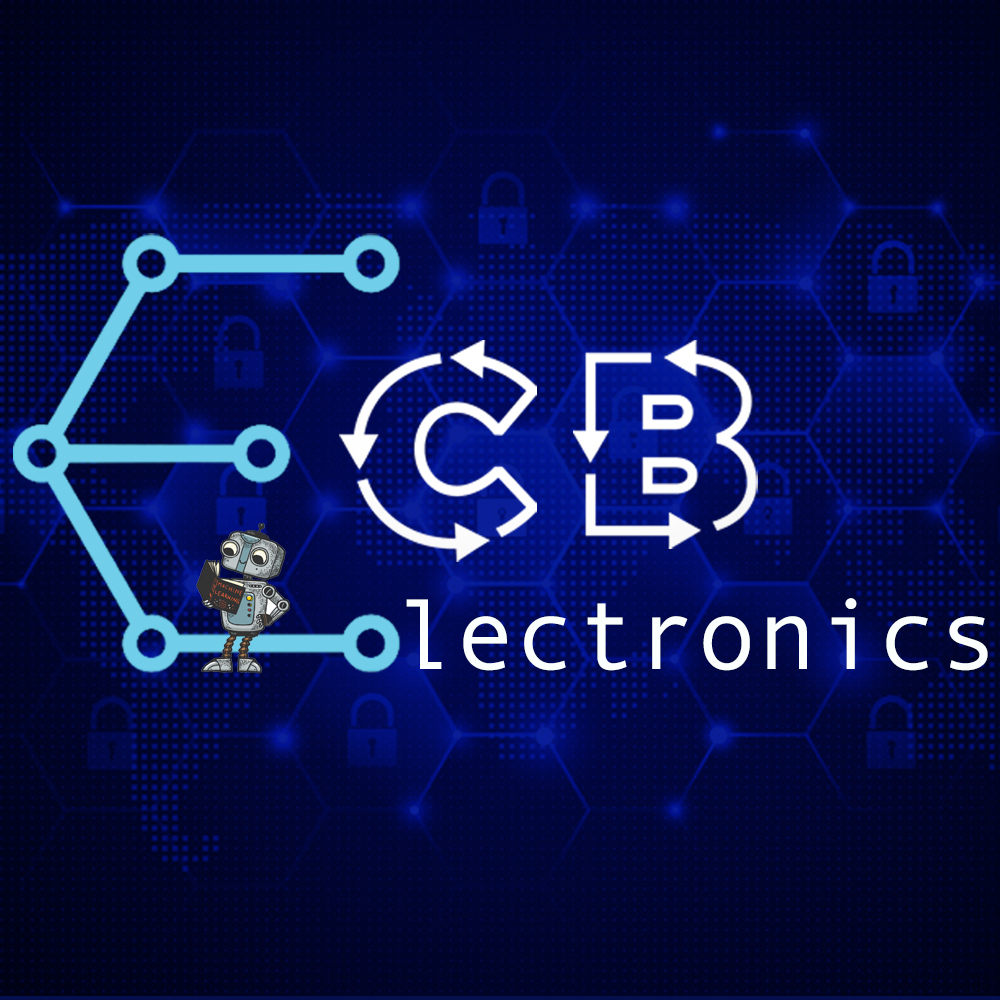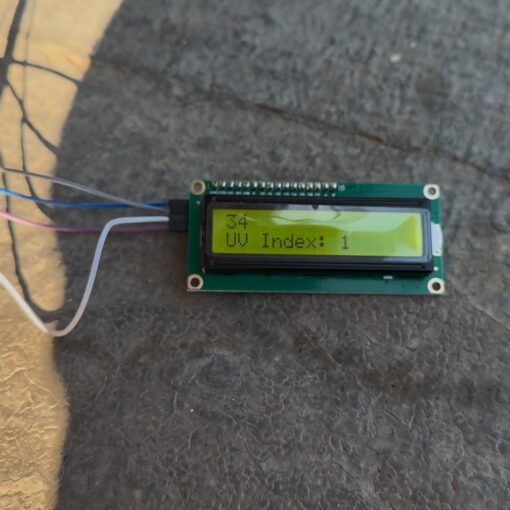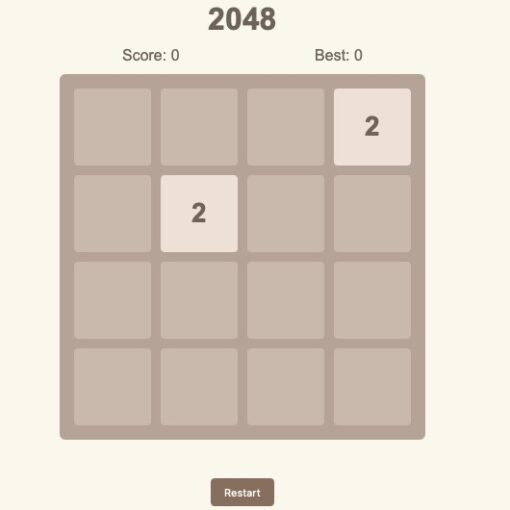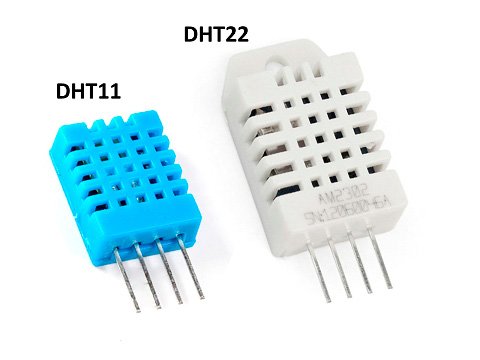Items Needed:
- Arduino UNO
- BreadBord
- Jumper Wires Male to Male
- Jumper Wires Kit
- 12V 1A Power Adaptor
- Push Buttons 100 mm (10 cm diameter)
- Push Button 60 mm (6 cm diameter)
- Battery Coss Connector (DJ621)
- NPN Transistor PN2222 (2N2222)
- Resistor 4.7 KOhm 0.5 Watt
- LCD 2 Lines I2C
- Jumper Wires Male to Female
Video:
Code:
//Simon says in LEDS. The game here ra7 betdawe leds w ba3den l player bado y3idoun.
int buttonPins [] ={2,3,4,5,6};
int ledPins [] = {7,8,9,10,11};
int numberButtons = 5;
int roundCounter = 0;
int roundLedCounter = 3;
unsigned long roundDuration = 10000; // 10 seconds la kel round
int BoardLEDS [50];
int userBoardLEDS[50];
int resetButtonPin = 13;
int resetLedPin = 12;
bool start = false;
//LCD stuff
#include "LCD.h"
#include <LiquidCrystal_I2C.h>
#define I2C_ADDR 0x27 // <<----- Add your address here. Find it from I2C Scanner
#define BACKLIGHT_PIN 3
#define En_pin 2
#define Rw_pin 1
#define Rs_pin 0
#define D4_pin 4
#define D5_pin 5
#define D6_pin 6
#define D7_pin 7
LiquidCrystal_I2C lcd(I2C_ADDR,En_pin,Rw_pin,Rs_pin,D4_pin,D5_pin,D6_pin,D7_pin);
void setup() {
// put your setup code here, to run once:
Serial.begin(9600);
lcd.begin(20,4);
lcd.setBacklightPin(BACKLIGHT_PIN,POSITIVE);
lcd.setBacklight(HIGH);
lcd.setCursor(0,0);
lcd.setCursor(0,0);
lcd.print("C.B.ELECTRONICS");
delay(500);
lcd.setCursor(0,1);
lcd.print("Lebanese Park");
delay(500);
lcd.clear();
lcd.setCursor(0,0);
lcd.print("Press");
lcd.setCursor(0,1);
lcd.print("reset button");
randomSeed(analogRead(0));
for(int i=0;i<5;i++)
{
pinMode(buttonPins[i], INPUT_PULLUP);
pinMode(ledPins[i], OUTPUT);
}
pinMode(resetButtonPin, INPUT_PULLUP);
pinMode(resetLedPin, OUTPUT);
TurnONLEDS();
ResetFunc();
TurnOFFLEDS();
lcd.clear();
}
void loop() {
// put your main code here, to run repeatedly:
PlayRound();
}
void PlayRound()
{
delay(1000);
lcd.setCursor(0,0);
lcd.print("Round: ");
lcd.print(roundCounter+1);
for (int i=0;i<roundLedCounter;i++)
{
BoardLEDS[i]=random(7,12);
}
for (int i=0;i<roundLedCounter;i++)
{
digitalWrite(BoardLEDS[i], HIGH);
delay(3000);
digitalWrite(BoardLEDS[i], LOW);
delay(300);
}
lcd.clear();
lcd.setCursor(0,0);
lcd.print("Balachna 1s");
delay(1000);
unsigned long startTime = millis();
int counter = 0;
while( (millis() - startTime) < roundDuration)
{
lcd.setCursor(0,1);
lcd.print((roundDuration - (millis() - startTime)) / 1000);
for(int i=0;i<numberButtons;i++)
{
if(digitalRead(buttonPins[i])==LOW)
{
Serial.println(i);
Serial.println("Hayda l butoon makbous");
userBoardLEDS[counter]=ledPins[i];
digitalWrite(ledPins[i], HIGH);
delay(500);
digitalWrite(ledPins[i], LOW);
delay(100);
counter ++;
while(digitalRead(buttonPins[i])==LOW)
{
//do nothing
}
}
}
bool win = true;
if (counter == roundLedCounter)
{
for(int i=0;i<roundCounter;i++)
{
if (BoardLEDS[i]!=userBoardLEDS[i])
{
win = false;
lcd.clear();
lcd.print("KHseret");
delay(1000);
}
}
if(win==true)
{
lcd.clear();
lcd.print("rbe7et");
}
}
}
roundCounter++;
roundLedCounter++;
roundDuration = roundDuration +1;
}
void TurnONLEDS()
{
for(int i=0;i<numberButtons;i++)
{
digitalWrite(ledPins[i], HIGH);
}
}
void TurnOFFLEDS()
{
for(int i=0;i<numberButtons;i++)
{
digitalWrite(ledPins[i], LOW);
}
}
void ResetFunc()
{
while(!start)
{
if (digitalRead(resetButtonPin) == LOW)
{
start = true;
roundCounter = 0;
roundLedCounter = 3;
}
}
digitalWrite(resetLedPin, HIGH);
}





